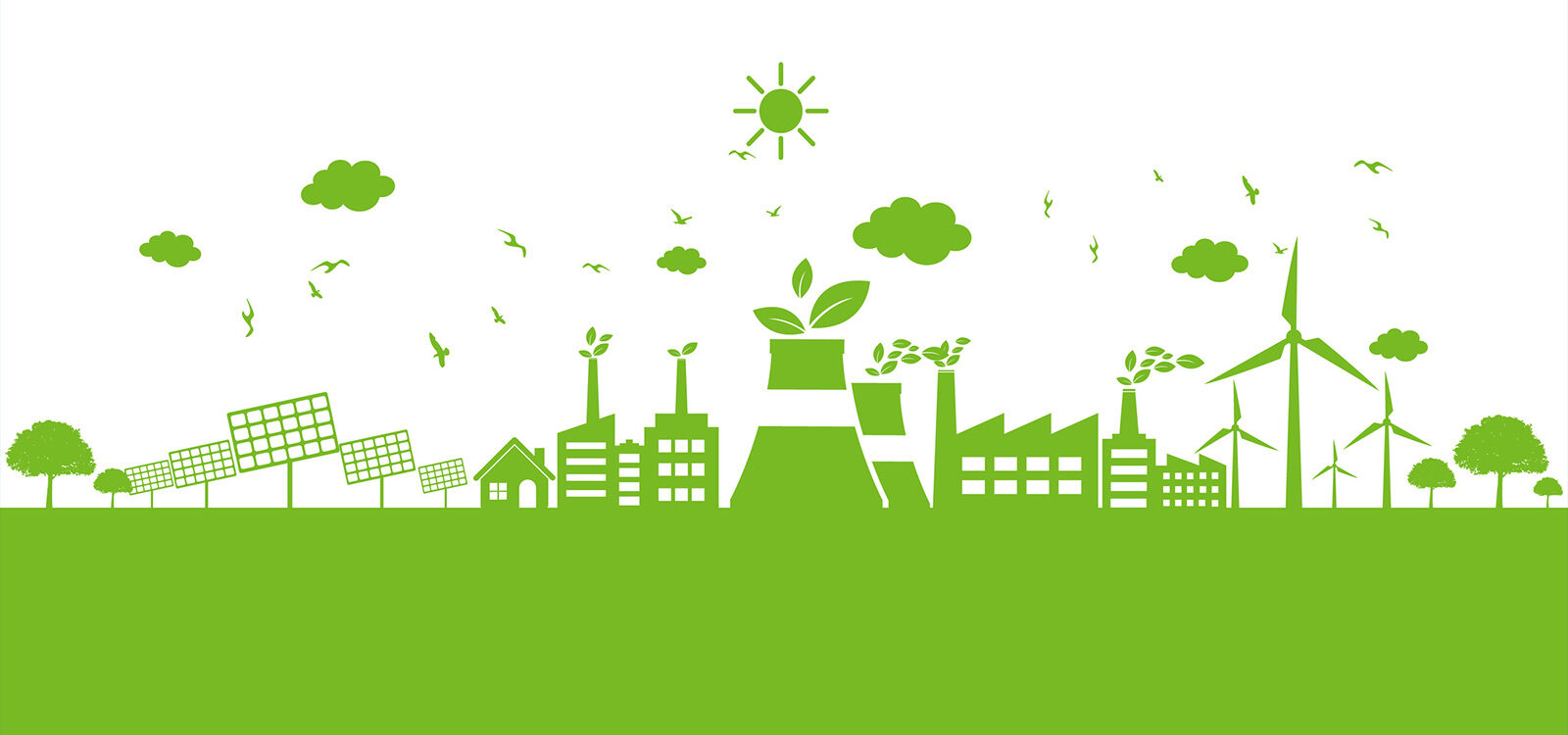
The role of actuaries in climate risk
Alison Drill reviews the Singapore Actuarial Society’s (SAS) session ‘The Role of Actuaries in Climate Risk’.
This highly informative session on climate risks was chaired by Paul Wee and opened with David Dao, of SAS Climate Risk, who outlined the introduction of the new Singapore Actuarial Society climate risk index specific to Singapore. It is modelled on the Australian Actuaries Climate Index and looks at changes in weather extremes. David showed an example of the SAS data collection using Changi airport data with the last 27 years of climate observations including sea level to form the historical base measurement. The SAS index will be very specific to Singapore circumstances, so high wind is not an issue, but humidity is an important concern. The SAS expects to release first SAS climate index data later in 2021.
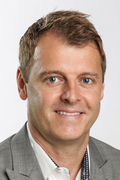
Professor Benjamin Horton, one of the IPCC report authors and current review editor on the sixth revision of IPCC report, then discussed the science, both from a global and Singapore specific view. Professor Horton is Research Director of Earth Institute of Singapore, and he described the Earth Observatory in Singapore (EOS), and its role. The EOS monitors and models earthquake, tropical cyclone, volcanos (900 active volcanos in the region!) and flooding due to sea level rise and aims to increase dialogue between scientists and stakeholders who are interested in information.
Sea level rise is an increasing focus for Singapore as 1/3rd of Singapore residents live in buildings with ground levels five metres or less above sea level. Professor Horton showed the projected sea level rise under different climate scenarios. Sea level rise has two main causes – expansion of oceans as they warm, plus melting of glaciers and ice sheets. Melting of the Greenland ice sheet alone could raise sea level by around six metres. The Antarctica ice sheet has enough water to raise sea levels by 65 metres.
At regional scale, as sea levels rise, there are significant local differences in projected impact, as some areas sink while other areas show land uplift. EOS has been undertaking research into historical sea level changes and also variability in current sea levels. Singapore has limited observational data and scientists need at least 60 years of data to see long term trend. Another Asian city, Manila, is projected to show 15 millimetres per year increase in sea level under some scenarios, due to combination of global sea level changes, and sinking of land due to extraction of ground water. EOS modelling shows that at low RCP 2.6 pathway Singapore may have tolerable bearable sea rise (around 50 centimetres by 2050), but at high RCP 8.5 pathway, all coastal ecosystems may fail before 2100.
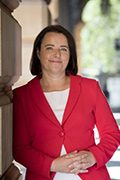
Elayne Grace of Actuaries Institute Australia introduced her personal journey to become interested in environmental opportunities in the actuarial field, working as Sustainability research manager at IAG. She discussed the Australian Actuaries Climate Index (AACI), launched in 2018. There are some difference in calculation from North American index released in 2016, but both indices are focussed on extreme temperate measures. The AACI has raised the corporate awareness of climate change, but more progress is needed with public and government. Elayne discussed the need to keep the message simple on underlying complex calculations. In practical terms, some quarterly releases will be ‘boring’ with minimal change, so it is important to position the index as showing long-term change. And improve our use of graphics!
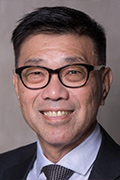
Tan Suee Chieh, President of the Institute and Faculty of Actuaries (IFoA), discussed the difficulty of getting action on climate change, and pointed to the role of actuaries in valuing the potential future impact of climate change to drive behaviour. He spoke in broad terms of the failure of the financial system to adequately balance society and environment interests versus commercial interest, and he emphasised ethical considerations that actuaries should take when weighing up the financial system, regulatory system and social system. Actuaries, said Tan Suee Chieh, should be part of the conversation or should we will just be technical experts waiting to be told what to do by the regulator.
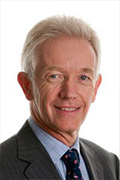
Michael Eves of Swiss Re talked about increasing concern on climate risk for actuaries in reinsurance. Climate risk is not just about models, and actuaries need to be careful to not only project past trends but consider other factors such as people’s behaviour and the impact of a changing climate. For example, Swiss Re observes that insurable hurricane risk has changed with climate; historically, the majority of insured damage from hurricanes arose from wind, but Swiss Re now sees flood risk associated with hurricanes is greatly increased as a percentage of event losses.
William Song of MSIG Asia spoke on the role of CROs to help insurers navigate climate risk and contributed his view on the changing role of actuaries. Actuaries need to recognise which areas to which they can knowledgably contribute on climate and when to seek expert input.
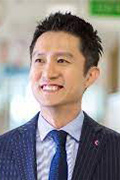
A Q&A at the end of the session addressed actuarial education on climate risk and the role of actuaries. Education is key to making the right choices, on both personal and professional level. Actuaries should know the basics of climate change from scientists (not just ‘green finance’ experts) and then link the climate knowledge to finance/economic aspects in order to drive change. The IFoA will be introducing climate risk course shortly for finance professionals. Education leads to decision making, which in turn leads to thought leadership.
The discussion on the role of actuaries expanded on this theme of balancing societal, environmental and corporate goals in an ethical framework. The panel pointed out this is relevant for P&C insurance, and increasingly important for Life, Health and investments via transition risk. Professor Horton encouraged the actuarial audience to “do more”. Conversations are a starting point, but it is vital to engage climate scientists in dialogue and find ways to communicate better.
The standout quote for the session was from Tan Suee Chieh, who emphasised that actuaries must be speaking out on climate risk.
“It’s not a black swan event, we are just a flock of wild geese flying into a disaster,” Tan Suee Chieh said.
Actuaries are encouraged to join the next SAS session on Friday 25 June 2021 covering Climate-Related Stress Testing for Actuaries.
CPD: Actuaries Institute Members can claim two CPD points for every hour of reading articles on Actuaries Digital.






